A senior Google Cloud exec just accused Microsoft of targeting a cloud industry monopoly
Google Cloud VP Amit Zavery has warned Microsoft’s bullish cloud and generative AI focus could harm competition

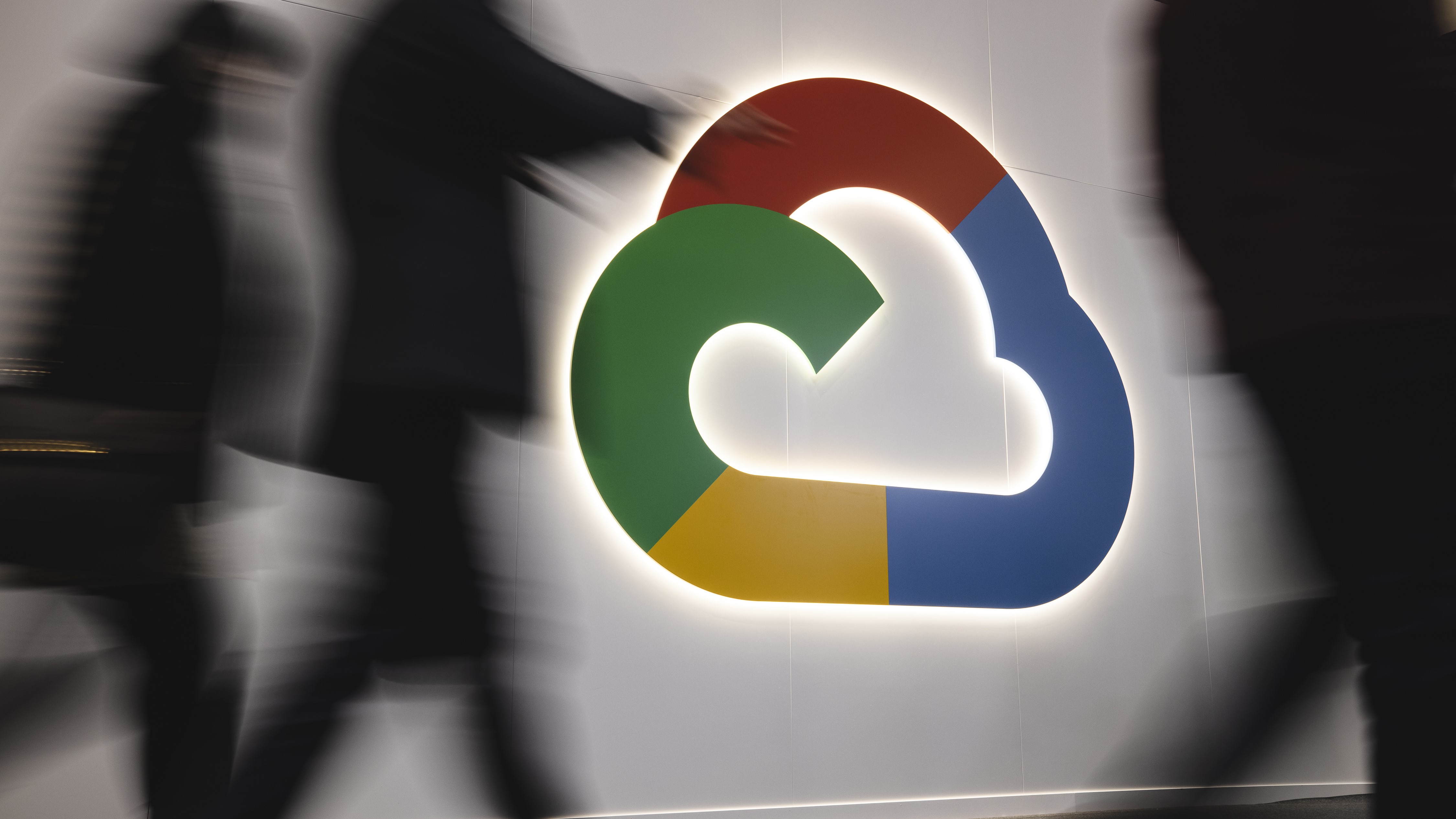
A senior Google Cloud executive has heavily criticized Microsoft’s cloud computing practices amid claims that the tech giant is pursuing a monopoly in the industry that could harm long-term competition.
Google Cloud vice president Amit Zavery told Reuters the company has serious concerns over Microsoft’s current trajectory in the cloud computing industry, warning that it could be seeking to establish a stranglehold in the space akin to that it held in software.
“We worry about Microsoft wanting to flex their decade-long practices where they had a lot of monopoly on the on-premise software before, and now they are trying to push that into cloud now.”
"They are creating this whole walled garden, which is completely controlled and owned by Microsoft, and customers who want to do any of this stuff, you have to go to Microsoft only," he said.
Long-term, the company’s practices could create a monopoly over emerging technologies such as generative AI, Zavery warned, and result in it creating a “walled garden” in which customers are locked into platforms such as Azure.
"If Microsoft cloud doesn't remain open, we will have issues and long-term problems, even in next generation technologies like AI as well, because Microsoft is forcing customers to go to Azure in many ways,” he warned.
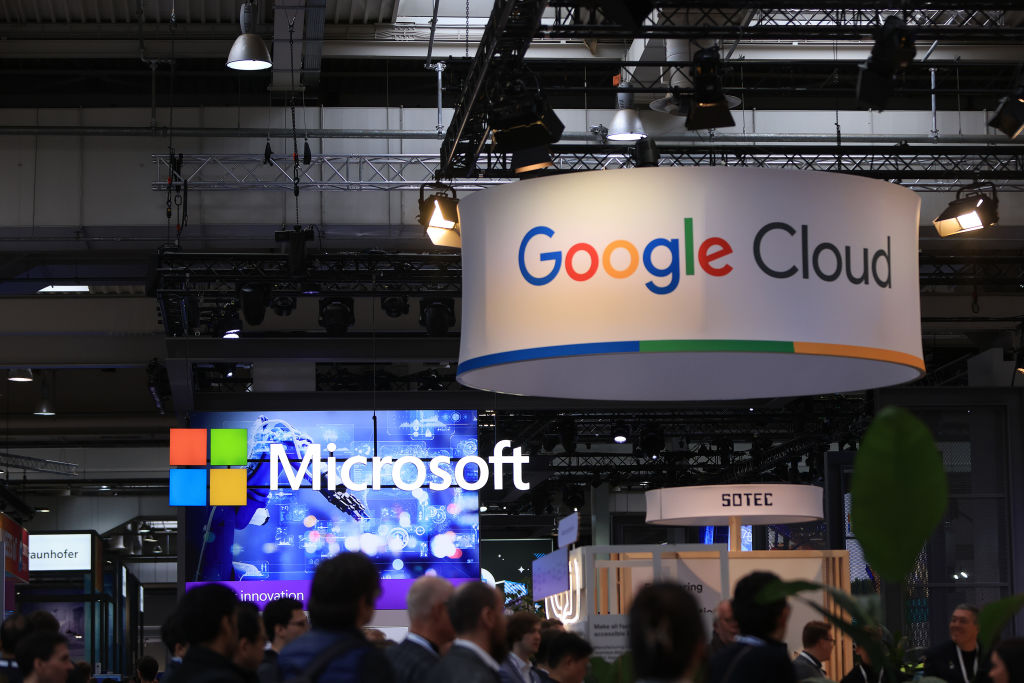
Zavery urged regulators on both sides of the Atlantic to act on the matter.
Sign up today and you will receive a free copy of our Future Focus 2025 report - the leading guidance on AI, cybersecurity and other IT challenges as per 700+ senior executives
"I think regulators need to provide some kind of guidance as well as maybe regulations which prevent the way Microsoft is building the Azure cloud business, not allow your on-premise monopoly to bring it into the cloud monopoly," he said.
The criticism marks the latest in a long-running spat between Microsoft and competitors in the cloud computing industry amid heightened regulatory scrutiny over its practices.
Regulators in the UK, for example, are investigating whether providers such as Microsoft and Amazon Web Services (AWS) maintain a stranglehold over the country’s cloud computing market.
In October 2023, Ofcom called for an official antitrust investigation into the state of competition in the industry, specifically highlighting Microsoft and AWS as potentially inhibitive to growth and competition in the space.
Ofcom, which has referred the investigation to the Competition and Markets Authority (CMA), said its probe identified “features that make it more difficult for UK businesses to switch and use multiple cloud suppliers”.
A key concern highlighted by the probe centered around ‘egress fees’, whereby customers are required to pay to switch providers entirely, or adopt a multi-cloud method in which they use multiple providers.
“Our market study has identified features that make it more difficult for UK businesses to switch and use multiple cloud suppliers,” Ofcom said at the time.
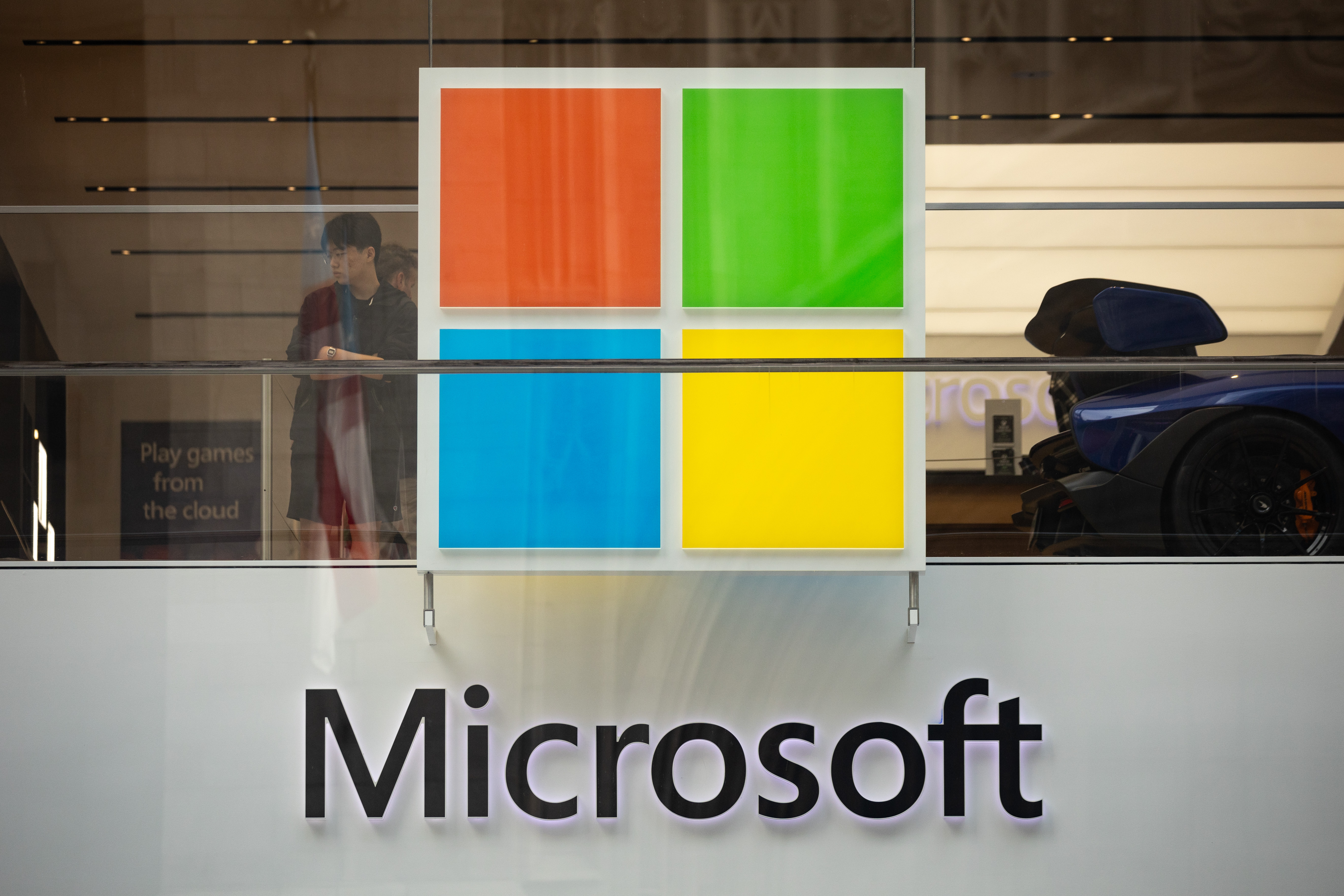
“We are particularly concerned about the position of the market leaders Amazon and Microsoft.”
Late last year, tensions between the three hyperscalers escalated after AWS and Google both hit out at Microsoft licensing practices. The two firms claimed that Microsoft is creating “challenging conditions” for customers as its licensing practices deter them from switching to alternative providers.
Microsoft changed its licensing terms in 2019 and 2022 following complaints to EU regulators in a bid to make it easier for smaller providers to compete in the European cloud computing market.
But AWS and Google contested the benefits of these changes, arguing that they resulted in little change and are still locking customers into Microsoft products and services.
“To use many of Microsoft’s software products with these other cloud services providers, a customer must purchase a separate license even if they already own the software,” AWS said at the time. “This often makes it financially unviable for a customer to choose a provider other than Microsoft.”
Microsoft has made efforts to calm industry concerns and potential antitrust scrutiny in recent weeks. In early February, the tech giant revealed it had begun talking with European cloud industry trade body, CISPE.
In 2022, CISPE filed a complaint with EU regulators over its alleged anti-competitive practices.
CISPE confirmed that talks with the tech giant could focus on resolving lingering concerns related to “unfair software licensing” practices for infrastructure providers and customers.
We are glad MSFT is coming to the table to negotiate with CISPE regarding its complaint with the EC on anticompetitive licensing in Europe. This is a step in the right direction, acknowledging that these restrictions have no technical basis and can be modified at MSFT discretionFebruary 26, 2024
in a post on X today (February 27), Zavery said he welcomed the move, describing it as a positive step to improving competition.
“We are glad MSFT is coming to the table to negotiate with CISPE regarding its complaint with the EC on anticompetitive licensing in Europe,” he said. “This is a step in the right direction, acknowledging that these restrictions have no technical basis and can be modified at MSFT discretion
Microsoft is making serious gains in cloud computing and AI
Microsoft’s success in the cloud computing and generative AI markets over the last 18 months has been no secret.
Since the emergence of ChatGPT in November 2022, the tech giant has recorded remarkable growth on a wave of interest in AI technologies.
Working with OpenAI, Microsoft has embedded generative AI features and tools across the entirety of its core product offerings, spanning Windows, Azure, and even security products.
RELATED WHITEPAPER
In January, Microsoft leapfrogged Apple as the world’s most valuable company, reaching a market capitalization of $2.887 trillion. Much of this has been due to its huge successes in cloud computing and generative AI.
Microsoft’s Q2 earnings for 2024, released at the end of January, showed it recorded a 24% year-on-year growth across its overall cloud business.
The tech giant’s Intelligent Cloud segment, which includes Azure, recorded $25.8 billion in revenue.
Speaking at the time, Microsoft CEO Satya Nadella attributed the growth to surging interest in generative AI, noting that the company had expanded its customer base.
“We now have 53,000 Azure AI customers, over one-third are new to Azure over the past 12 months,” Nadella said. “Our new models of service offering makes it easy for developers to use LLMs from our partners like Cohere, Meta, and Mistral on Azure, without having to manage underlying infrastructure.”

Ross Kelly is ITPro's News & Analysis Editor, responsible for leading the brand's news output and in-depth reporting on the latest stories from across the business technology landscape. Ross was previously a Staff Writer, during which time he developed a keen interest in cyber security, business leadership, and emerging technologies.
He graduated from Edinburgh Napier University in 2016 with a BA (Hons) in Journalism, and joined ITPro in 2022 after four years working in technology conference research.
For news pitches, you can contact Ross at ross.kelly@futurenet.com, or on Twitter and LinkedIn.
-
 Hackers are using LLMs to generate malicious JavaScript in real time
Hackers are using LLMs to generate malicious JavaScript in real timeNews Defenders advised to use runtime behavioral analysis to detect and block malicious activity at the point of execution, directly within the browser
-
 Developers in India are "catching up fast" on AI-generated coding
Developers in India are "catching up fast" on AI-generated codingNews Developers in the United States are leading the world in AI coding practices, at least for now
-
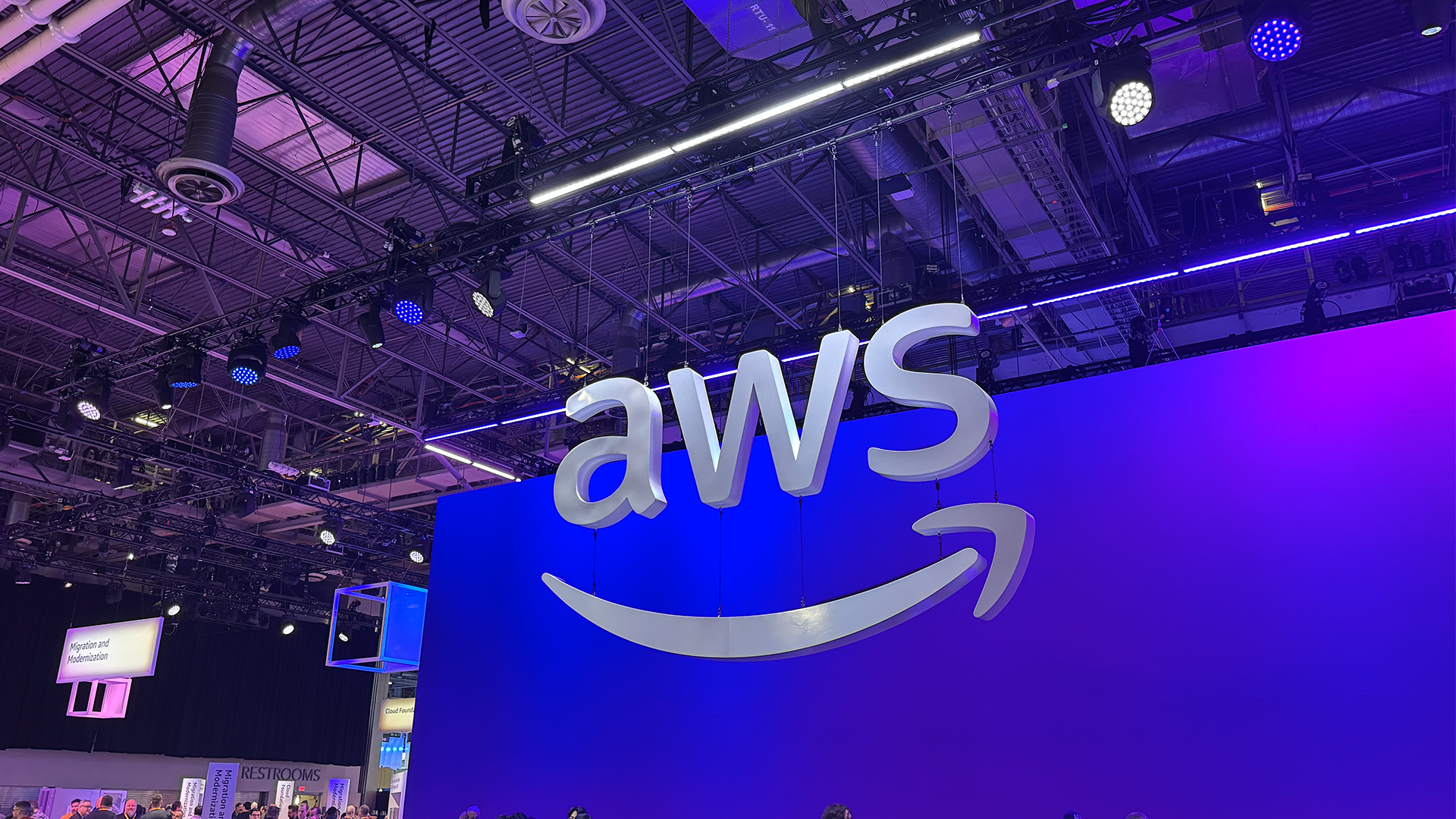 What the new AWS European Sovereign Cloud means for enterprises
What the new AWS European Sovereign Cloud means for enterprisesNews AWS has announced the general availability of its European Sovereign Cloud. Here's what the launch means for enterprises operating in the region.
-
 AWS just quietly increased EC2 Capacity Block prices – here's what you need to know
AWS just quietly increased EC2 Capacity Block prices – here's what you need to knowNews The AWS price increases mean booking GPU capacity in advance just got more expensive
-
 Cloud infrastructure spending hit $102.6 billion in Q3 2025 – and AWS marked its strongest performance in three years
Cloud infrastructure spending hit $102.6 billion in Q3 2025 – and AWS marked its strongest performance in three yearsNews Hyperscalers are increasingly offering platform-level capabilities that support multi-model deployment and the reliable operation of AI agents
-
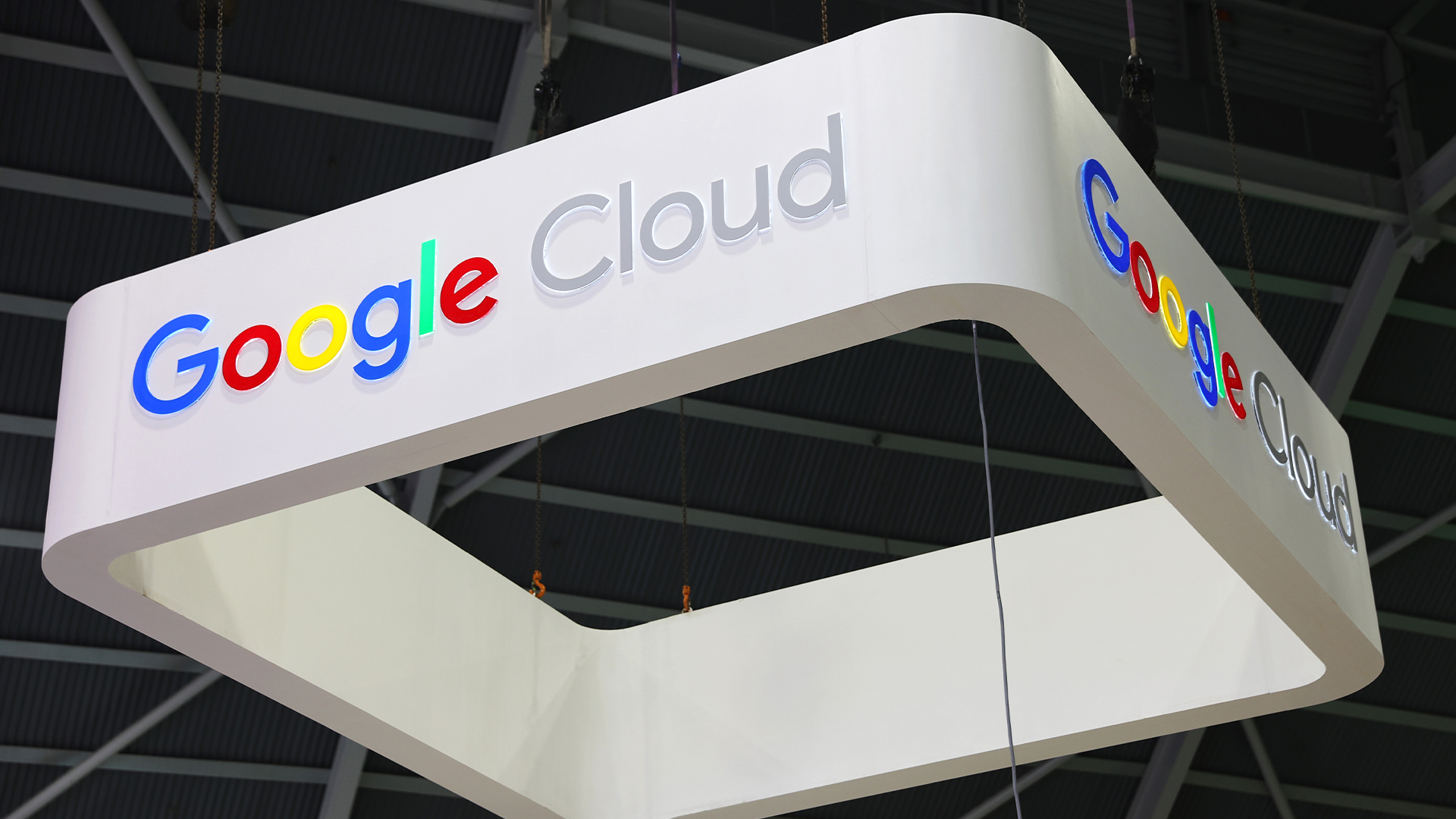 Google Cloud teases revamped partner program ahead of 2026
Google Cloud teases revamped partner program ahead of 2026News The cloud giant’s new-look partner ecosystem shifts focus from activity tracking to measurable customer outcomes
-
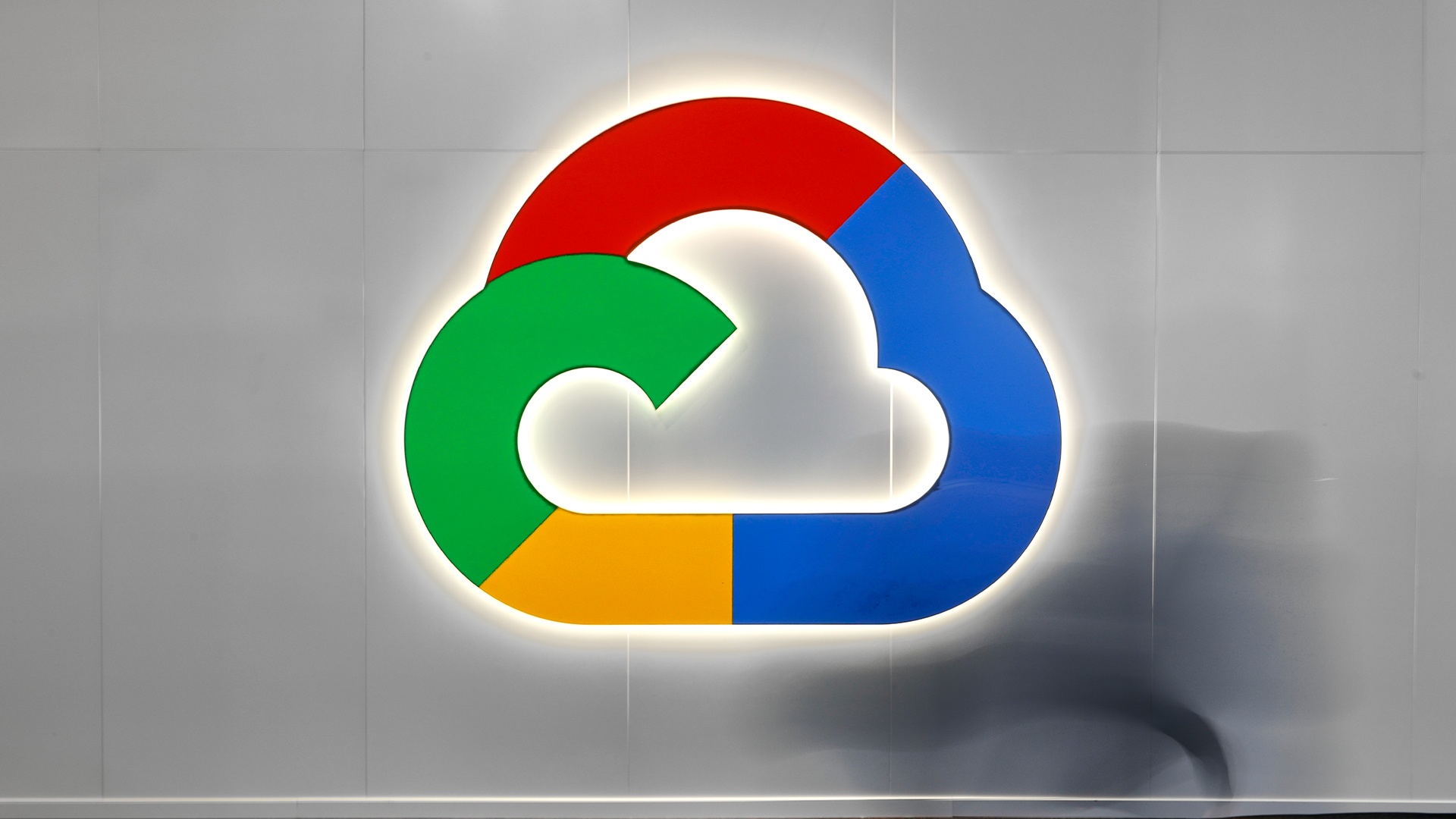 What Palo Alto Networks' $10bn deal with Google Cloud means for customers
What Palo Alto Networks' $10bn deal with Google Cloud means for customersNews The extension of an existing partnership between Palo Alto Networks and Google Cloud is designed to boost security amid rise in AI
-
 Cohesity deepens Google Cloud alliance in data sovereignty push
Cohesity deepens Google Cloud alliance in data sovereignty pushNews The pair’s expanded collaboration will focus on new integrations for AI, cybersecurity, and data protection
-
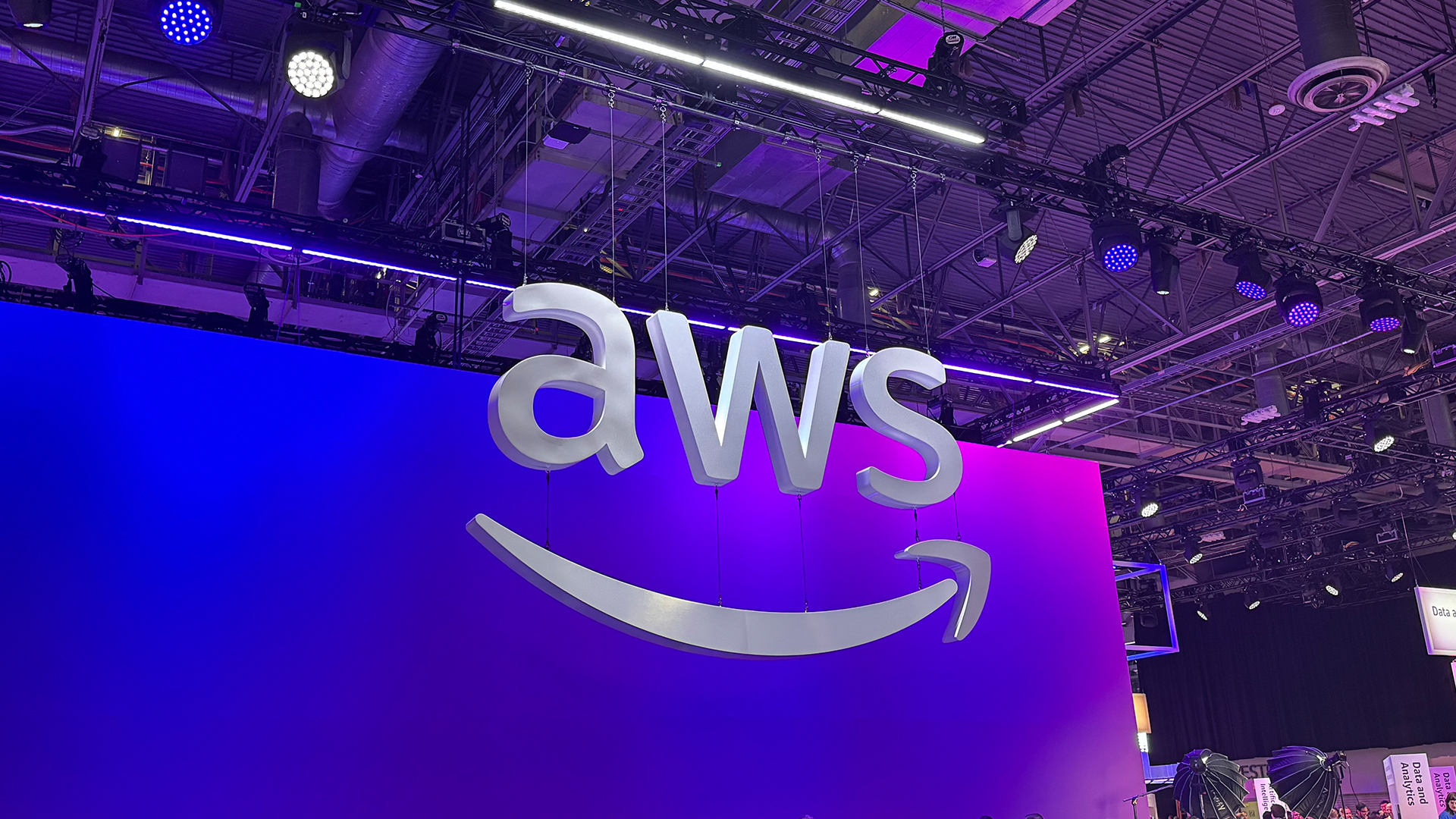 AWS re:Invent 2025 live: All the news and announcements from day two in Las Vegas
AWS re:Invent 2025 live: All the news and announcements from day two in Las VegasLive Blog Keep tabs on all the latest announcements from day-two at AWS re:Invent 2025 in Las Vegas
-
 AWS pledges $50 billion to expand AI and HPC infrastructure for US government clients
AWS pledges $50 billion to expand AI and HPC infrastructure for US government clientsNews The company said an extra 1.3 gigawatts of compute capacity will help government agencies advance America’s AI leadership
